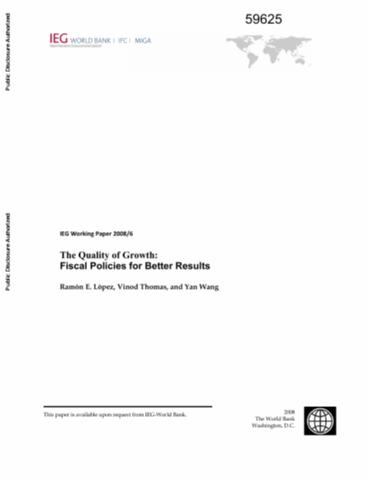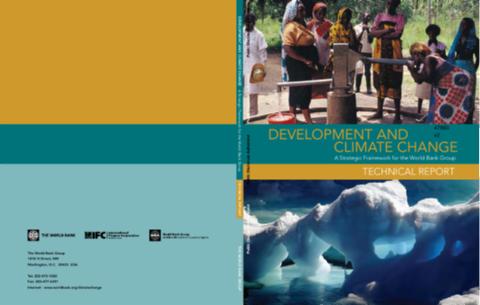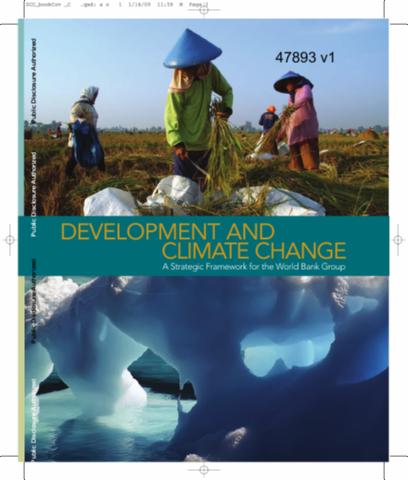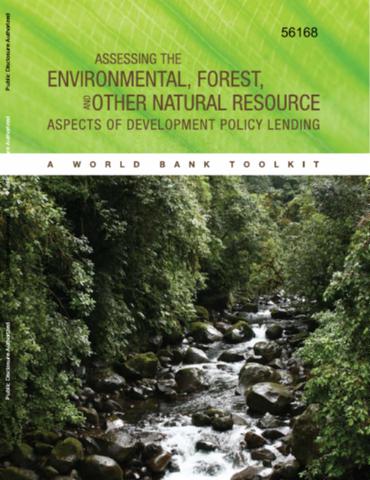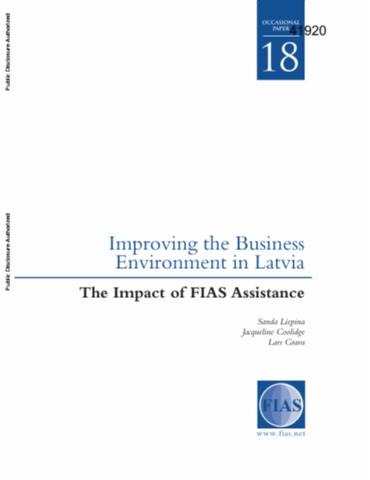The World Bank is a vital source of financial and technical assistance to developing countries around the world. We are not a bank in the ordinary sense but a unique partnership to reduce poverty and support development. The World Bank Group has two ambitious goals: End extreme poverty within a generation and boost shared prosperity.
- To end extreme poverty, the Bank's goal is to decrease the percentage of people living on less than $1.25 a day to no more than 3% by 2030.
- To promote shared prosperity, the goal is to promote income growth of the bottom 40% of the population in each country.
The World Bank Group comprises five institutions managed by their member countries.
The World Bank Group and Land: Working to protect the rights of existing land users and to help secure benefits for smallholder farmers
The World Bank (IBRD and IDA) interacts primarily with governments to increase agricultural productivity, strengthen land tenure policies and improve land governance. More than 90% of the World Bank’s agriculture portfolio focuses on the productivity and access to markets by small holder farmers. Ten percent of our projects focus on the governance of land tenure.
Similarly, investments by the International Finance Corporation (IFC), the World Bank Group’s private sector arm, including those in larger scale enterprises, overwhelmingly support smallholder farmers through improved access to finance, inputs and markets, and as direct suppliers. IFC invests in environmentally and socially sustainable private enterprises in all parts of the value chain (inputs such as irrigation and fertilizers, primary production, processing, transport and storage, traders, and risk management facilities including weather/crop insurance, warehouse financing, etc
For more information, visit the World Bank Group and land and food security (https://www.worldbank.org/en/topic/agriculture/brief/land-and-food-security1
Resources
Displaying 4746 - 4750 of 4907The Quality of Growth
The world faces unprecedented opportunities to reduce global poverty and improve human welfare. Strong global growth and better economic policies in recent years have substantially reduced poverty in many developing countries. However, with the recent financial turmoil in the United States and rising prices for food, oil, and other commodities, the world economy faces heightened risks and volatility. Policymakers around the world face the challenge of maintaining momentum in growth, as well as of improving the quality of growth.
Development and Climate Change
This strategic framework serves to guide and support the operational response of the World Bank Group (WBG) to new development challenges posed by global climate change. Unabated, climate change threatens to reverse hard-earned development gains. The poorest countries and communities will suffer the earliest and the most. Yet they depend on actions by other nations, developed and developing. While climate change is an added cost and risk to development, a well-designed and implemented global climate policy can also bring new economic opportunities to developing countries.
Development and Climate Change
This strategic framework serves to guide and support the operational response of the World Bank Group (WBG) to new development challenges posed by global climate change. Unabated, climate change threatens to reverse hard-earned development gains. The poorest countries and communities will suffer the earliest and the most. Yet they depend on actions by other nations, developed and developing. While climate change is an added cost and risk to development, a well-designed and implemented global climate policy can also bring new economic opportunities to developing countries.
Assessing the Environmental, Forest, and Other Natural Resource Aspects of Development Policy Lending
The operations policy on Development Policy Lending (DPL), approved by the Board in August 2004, requires that the Bank systematically analyze whether specific country policies supported by an operation are likely to have "significant effects" on the country's environment, forests, and other natural resources. The implicit objective behind this requirement is to ensure that there is adequate capacity in the country to deal with adverse effects on the environment, forests, and other natural resources that the policies could trigger, even at the program design stage.
Improving the Business Environment in Latvia
This paper tracks the process through which FIAS, the investment climate advisory service of the World Bank Group advised the government of Latvia from 1998 to 2004 on ways to improve the business environment, achieve higher rates of economic growth, and thereby alleviate poverty. This case study shows that it is reasonable to describe how assistance by FIAS led to an improved business environment.






